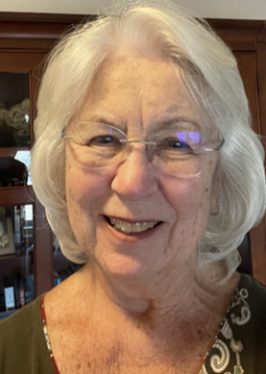Have you ever heard the term “complicated grief?”
Sometimes it refers to the length of time one spends grieving. Because we live in a society where we rush from one task to another, there can be expectations – from others or self-imposed – that one should be “over the loss” or at least “doing better” by a certain point.
But grief knows no timeline nor does it follow “rules.”
Complicated grief can also refer to the type of death. A miscarriage, a stillbirth or the death of a baby or a child is particularly tragic because children are not supposed to predecease their parents. There can be misperceptions that the loss can’t be as significant if the baby hasn’t been born yet – including the death of a baby labeled “abortion.” And how can parents possibly be consoled at the loss of a child and all the accompanying dreams for the future? So some people think it’s less painful to avoid conversation about the loss, further complicating our emotional responses.
Death by murder or suicide are also losses that complicate our grief. Guilt, shame, society’s reactions and misunderstandings taint our reactions. Guilt that we didn’t do more, that we weren’t aware of undue stress; shame that we feel abandoned in this time of need because the reactions of others lead to silence when all we want to do is talk about our loved ones.
Often the stigma attached to suicide can result in isolation, compounding the pain. Misunderstandings about the Church’s response, such as whether a Mass of the Resurrection can be celebrated after a suicide (or the death of a baby not carried to term) complicate our grief. A psychiatrist once told me that clinical depression is a terminal illness. That helped me to understand that it is not the “fault” of the deceased. Any baptized Catholic is eligible to be buried following a Mass of Christian Burial. Suicide is a tragedy, often the result of mental illness, not an act of despair.
God’s love embraces us always. Our loved ones deserve to have their memories honored. We must work at redeeming the lives of our loved ones who have died by suicide and support their suffering family and friends.
“Nothing can make up for the absence of someone we love. God doesn’t fill the gap but keeps it empty to help us keep alive our communion with each other, even at the cost of pain,” says Dietrich Bonhoeffer, a Lutheran pastor and writer executed by the Nazis.
Above all, let us be kind and compassionate to each other. If you are not getting what you need in times of difficulty, please reach out.
In an ongoing effort to offer bereavement support, this column, written by Julie Laurenzi, a retired licensed clinical social worker and head of our Consolation Ministry, will periodically appear here.Reach out to her at 518-225-1170 or Julie.laurenzi@gmail.com with questions or suggestions





